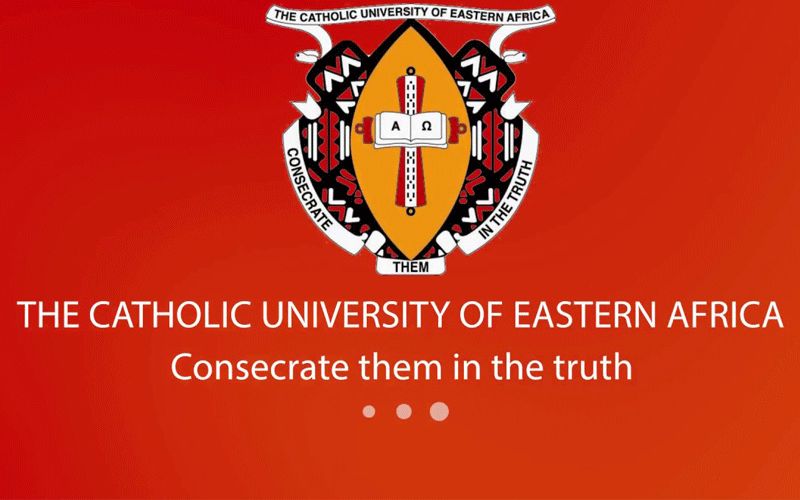The Holy further also instructed about the need to: underline the virtue of chastity in the formation of the candidates to the priesthood; review guidelines by Bishops’ conferences across the globe and reaffirming the need for “rules”; accompany the victims of abuse with emphasis to listening; ensure that seminarians and clergy are not exposed to pornography; and combat sexual tourism around the globe.
Just over two months later, on May 9, the Holy Father promulgated his Apostolic Letter “Vos Estis Lux Mundi” in which he introduced norms regarding sexual abuse to the effect that Bishops and Religious Superiors are held accountable for their actions. The document has norms, which apply to the Catholic Church across the globe.
The initiative by the Institute of Canon Law at CUEA, according to a communiqué sent to ACI Africa Wednesday, February 19, seeks to foster the Holy Father’s May 2019 directives so that Church personnel have a “correct understanding of the new Apostolic letter Vos Estis Lux Mundi and to set working systems to address sexual crimes committed by clerics and religious.”
The Kenya-based institute of higher learning is seeking to train members of the clergy, men and women religious, and lay persons in relevant Canon laws “with utmost urgency to ensure that the matter is fully treated,” the Director of the Institute of Canon Law at CUEA, Fr. Owor John Martin stated in the statement sent to ACI Africa.
“It is of paramount importance to enhance the knowledge of canon law especially in the African continent to respond to the various aspects of preparedness at the level of the Conferences of Bishops, Ecclesiastical provinces, parishes, religious institutions so that orderliness is observed within the ecclesiastical structures, in the life of clerics, religious, the Christian faithful and in all activities,” Fr. Owor states.
He appeals, “It is therefore urgent for Diocesan bishops and religious Superiors to send more clerics, sisters and laity to The Institute of Canon Law of the Catholic University of Eastern African for these studies.”
Admissions for Canon Law studies at CUEA are ongoing and the Academic semester starts in September every year, the Kenyan cleric says.
According to Fr. Owor, to study Canon Law “is very crucial in contemporary times, because the crises the Church faces is not solely limited to progressive spiritual sluggishness but rather from a deep lack of knowledge of Canon Law.”
“Ecclesiastical law is a highly valuable instrument and in fact indispensable for secure pursuit of the salvation of souls,” the Kenyan priest says and adds, “At the end of the day this is what we all strive toward in our earthly pilgrimage. The search for a holy and fulfilled life is elusive and practically impossible without proper guidance through the magisterium of the Church and her laws.”
CUEA’s Institute of Canon Law awards Pontifical degrees for Licentiate in Canon Law and also a Diploma in Matrimonial and Procedural Law.








